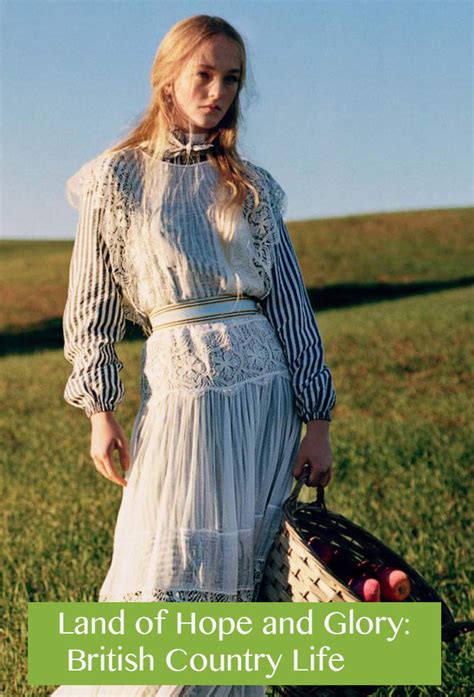Land of Hope and Glory

Description:
Land of Hope and Glory is a compelling documentary that delves into the realities of animal agriculture in the UK. The film offers an unflinching look at the industry's practices, shedding light on the ethical and environmental issues surrounding farming. Through poignant visuals and interviews, it challenges viewers to reconsider the impact of their dietary choices on animals, the planet, and their own health. A thought-provoking exploration that encourages reflection and awareness.Keywords:
Animal Agriculture, Documentary, Animal Rights, Agriculture, Environment, EthicsWhich country has the Land of Hope and Glory?
"Land of Hope and Glory" is a British patriotic song that is often associated with the United Kingdom. The phrase itself refers to the ideals and aspirations of Britain, symbolizing national pride. The song is frequently performed at events like the Last Night of the Proms. The movie "Land of Hope and Glory" (2014) is a British film that deals with themes of identity and belonging, reflecting the cultural landscape of the UK.
Is Land of Hope and Glory the same as Pomp and Circumstance?
"Land of Hope and Glory" and "Pomp and Circumstance" are closely associated, but they are not the same. "Land of Hope and Glory" is a song with lyrics by A.C. Benson, set to the music of Edward Elgar's "Pomp and Circumstance March No. 1." The march itself is an instrumental piece, while "Land of Hope and Glory" includes lyrics celebrating British patriotism and pride. The song is often performed at events like the Last Night of the Proms, while "Pomp and Circumstance" is commonly used in graduations.
What is the nickname of the Land of Hope and Glory?
The nickname of "Land of Hope and Glory" is "Pomp and Circumstance." The phrase originates from the orchestral march "Pomp and Circumstance March No. 1" by Edward Elgar, which is often associated with British patriotism. The song itself has become an anthem for various ceremonies and celebrations, particularly in the context of British pride and national identity.
What is the British national anthem Land of Hope and Glory?
"Land of Hope and Glory" is a patriotic song composed by Edward Elgar, with lyrics by A.C. Benson. It is often associated with the British national anthem, though it is not the official anthem like "God Save the King." The song celebrates British pride and heritage, frequently performed at public ceremonies, especially during the Last Night of the Proms. Its themes of national pride and glory resonate strongly with audiences, making it a staple in British cultural events.
Explore More Categories:
Travel Corpse Antics Space Opera Human Rights Emotional Illusion Experiment Corporate Basketball Interviews Quarter Life Crisis Performance Disconnection Wildlife Entrepreneurship Time Travel Financial Crisis Herbert West Transformation Knighthood Tradition Practical Effects Remake Anxiety Social Change